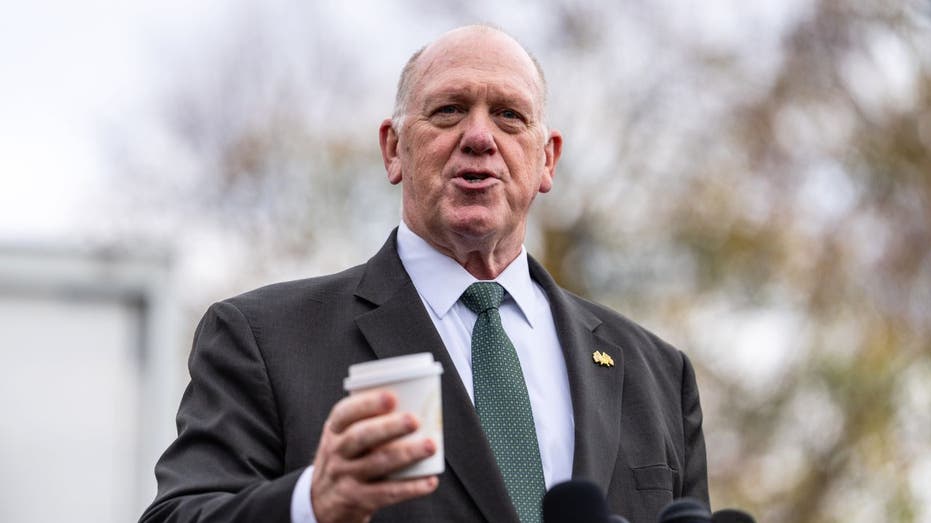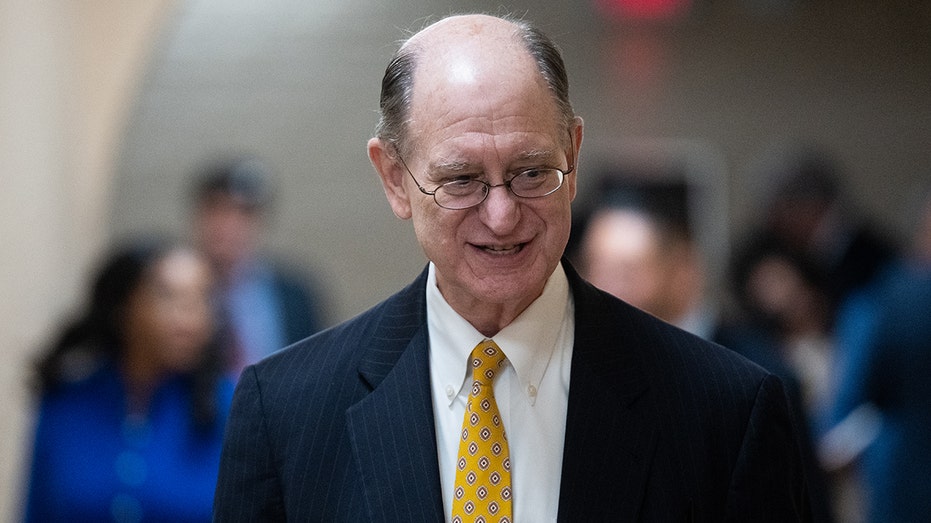A former border official ignited a firestorm of controversy, directly challenging the stance of the Catholic Church on immigration enforcement. He didn’t mince words, stating unequivocally that the Church’s opposition to robust deportation measures actively hinders law enforcement and, in his view, contributes to tragic consequences.
Speaking with blunt candor, the official, a lifelong Catholic himself, asserted the Church would be better served by addressing internal issues rather than criticizing U.S. immigration policy. This declaration came in response to recent statements from the U.S. Conference of Catholic Bishops, which condemned the administration’s immigration crackdown and expressed deep concern over the growing climate of fear within immigrant communities.
The criticism extended to the Pope’s call for a “deep reflection” on the treatment of migrants, a sentiment the official characterized as out of step with the realities of border security. He pointed to the Vatican’s own strict enforcement of boundaries, noting the severe penalties for unauthorized entry onto its grounds – a stark contrast, he argued, to the approach advocated by some faith leaders.
He questioned the message sent by opposing the enforcement of immigration laws, asking if the implication was that crossing the border illegally and disregarding court orders should be met with leniency. This, he insisted, undermines the rule of law and sends a dangerous signal internationally.
The official passionately defended the previous administration’s policies, claiming they ultimately saved lives by disrupting the dangerous journeys orchestrated by cartels. He cited statistics of migrant deaths during border crossings and the devastating impact of fentanyl smuggled into the country, framing border security as a critical component of public safety.
He argued that a secure border isn’t simply a matter of national sovereignty, but a humanitarian imperative. He maintained that the U.S., under strict enforcement, had achieved the most secure border in its history, a claim made while directly contrasting it with the Church’s advocacy for more lenient policies.
The core of his argument rested on a fundamental principle: the right of a nation to control its borders. He drew a parallel between the Vatican’s protection of its own territory and the U.S.’s responsibility to safeguard its national boundaries, suggesting a consistent standard of security should apply to all.






